Stallion with a rare form of colic survives after surgery at U of Florida
By Sarah Carey, UF College of Veterinary Medicine News
Valerie Frederick, the owner of Hannibal, a 20-year-old Friesian stallion, is still haunted by the loss of another Friesian colt that succumbed to colic several years ago. She knew she would do everything possible to save his life when he became ill.
Frederick followed her veterinarian’s advice and brought Hannibal to the University of Florida Large Animal Hospital. The veterinary team’s analysis revealed a rare gastric impaction with severe chronic gastric dilation. After a week of intensive medical management failed to empty Hannibal’s stomach, Dr. Todd Holbrook, a clinical professor at the UF College of Veterinary Medicine and an equine medicine specialist, recommended surgery.
Dr. David Freeman, a professor of equine surgery at UF, successfully operated to remove Hannibal’s impaction using a technique he developed at UF. He has only used it a handful of times due to its intricacies.
The procedure took approximately four hours to complete.
The technique Freeman developed for this type of surgery improves surgical access to the equine stomach and involves an incision that goes over the stomach, under the diaphragm and ribs, and then curves forward in a shape similar to the letter “J.”
This technique works in an uncomfortable situation. Freeman explained that “relative to their size, horses have a very small stomach. Because it’s so small, it is difficult to reach during surgery. When the stomach is impacted, it’s full and heavy, and you can’t lift it out of the abdomen at all.”
“We have rarely used this procedure, but we did know going in that we were going to do it,” he said. Fortunately, Hannibal recovered well from the procedure. He remained hospitalized as Holbrook and his team kept him stabilized.
“He was initially held off feed and given partial nutritional support intravenously for several days,” Holbrook said. “Subsequently, we began feeding a small amount of a complete feed mixed with water to a slurry consistency. Over the next week, we gradually increased the feeding frequency from every four to every two hours while simultaneously increasing his intake toward his caloric needs.”
“He’ll be able to come and go with a muzzle on to walk around and won’t be able to graze—though I’m sure he’ll try,” said Frederick, who described Hannibal as her “absolute joy.”
Before surgery, Frederick had read up on Freeman’s expertise and said she was initially “just a wreck,” hoping things would go well.
“I kind of knew in my heart that everything would be OK, but when they finished the surgery and said it went well, things just kept going better and better,” Frederick said. “I told the doctors there, do what you have to do to save him,” Frederick said. “And they did.”
Read more about Hannibal and the surgery performed by UF veterinarians at: https://www.vetmed.ufl.edu/2023/02/15/stallion-with-rare-form-of-colic-survives-after-surgery-at-uf/



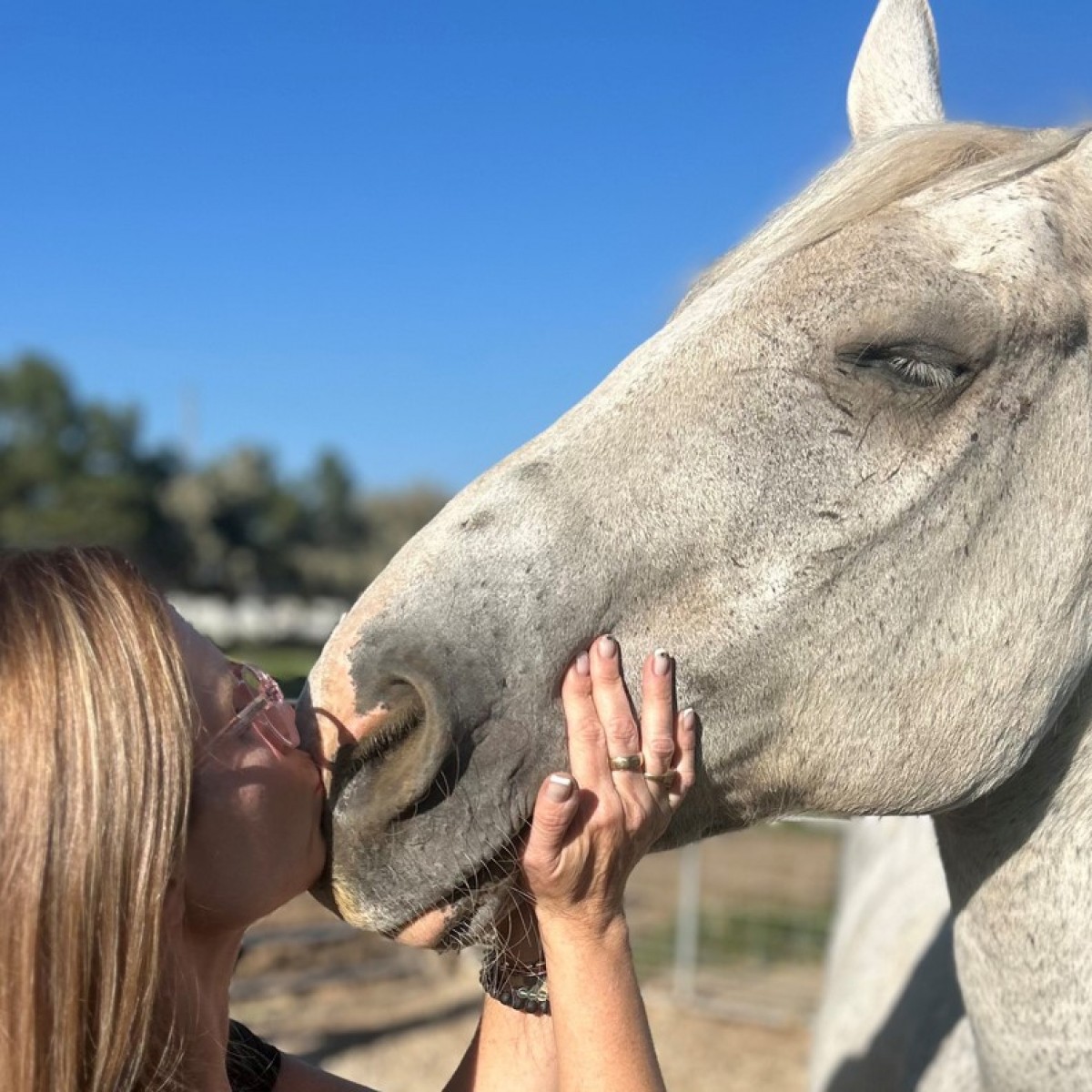
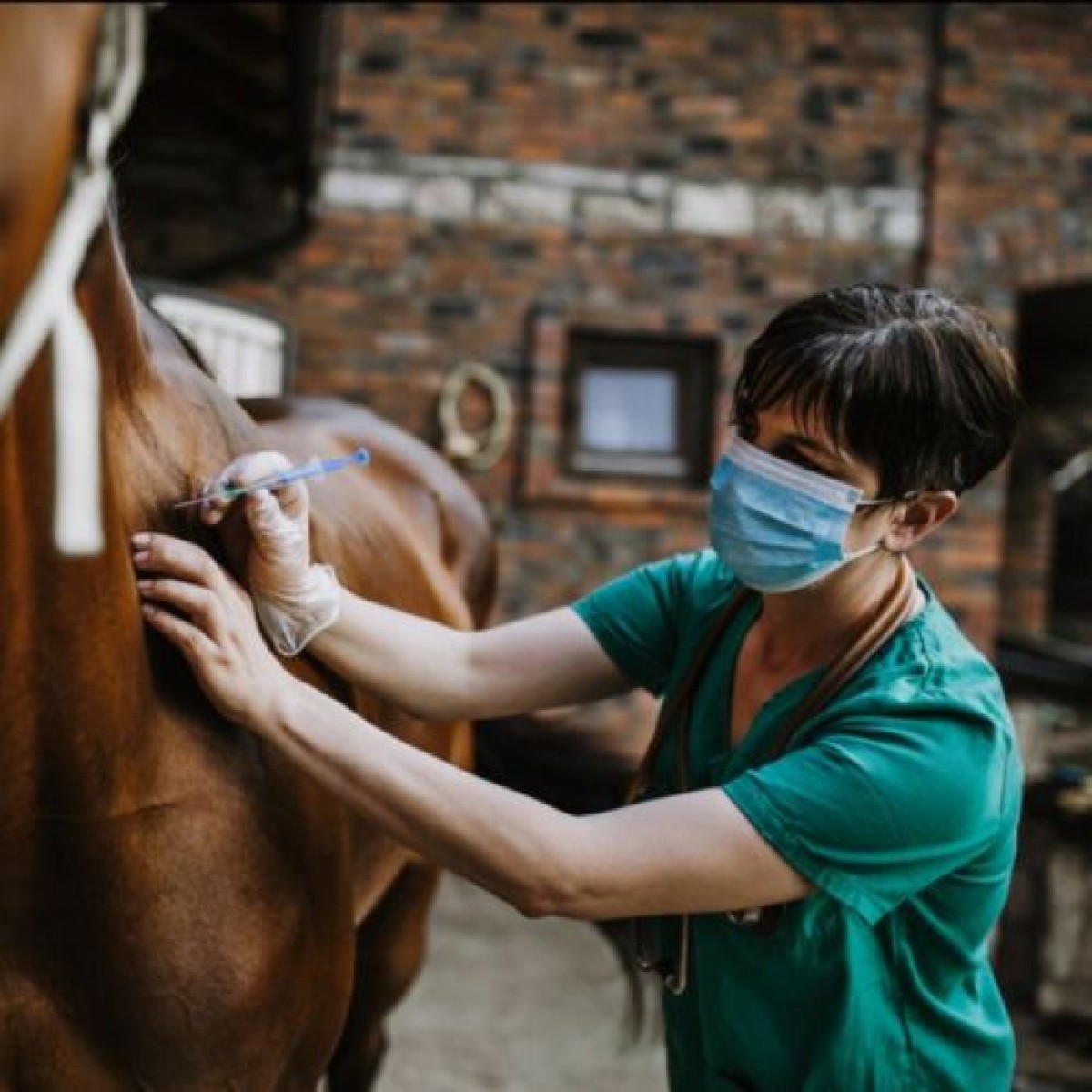



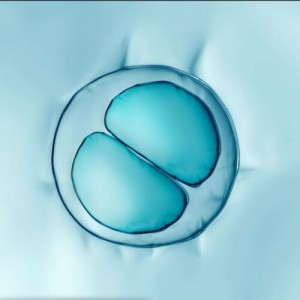
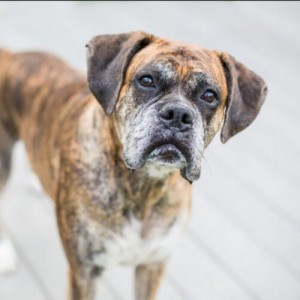
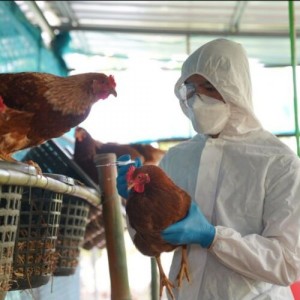

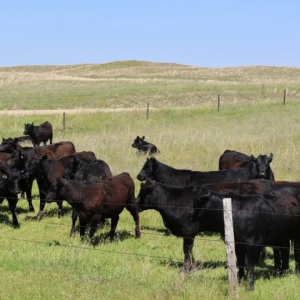

List
Add
Please enter a comment